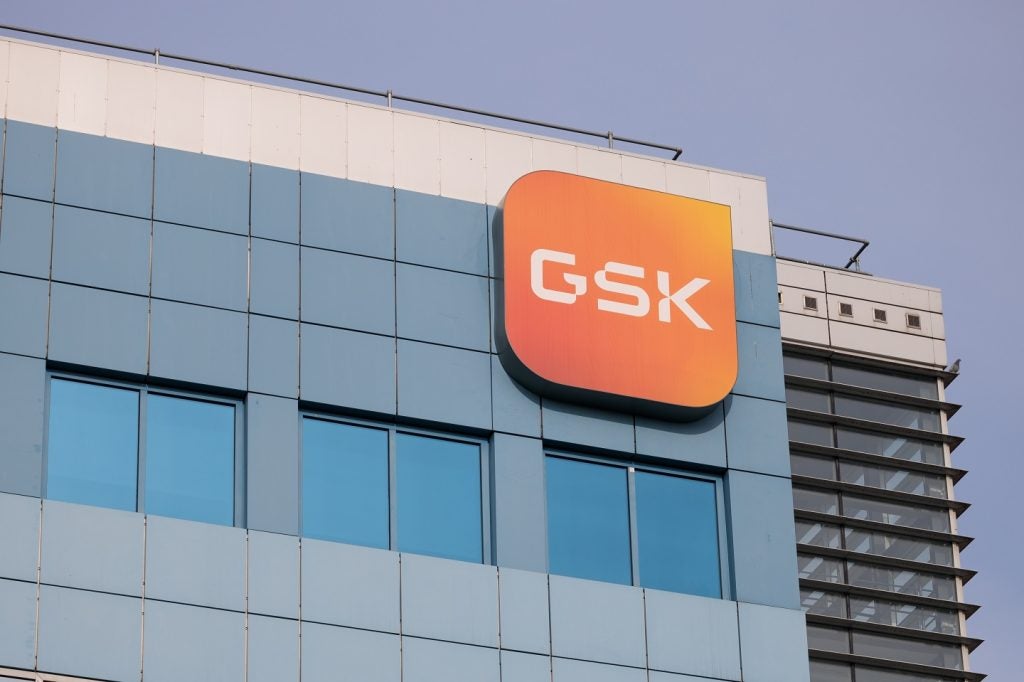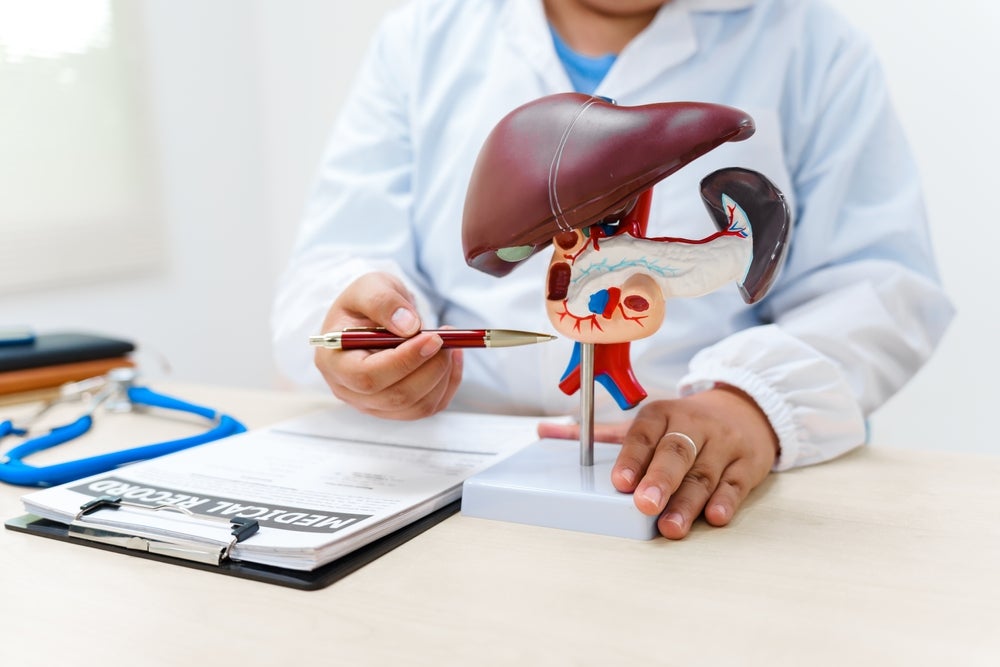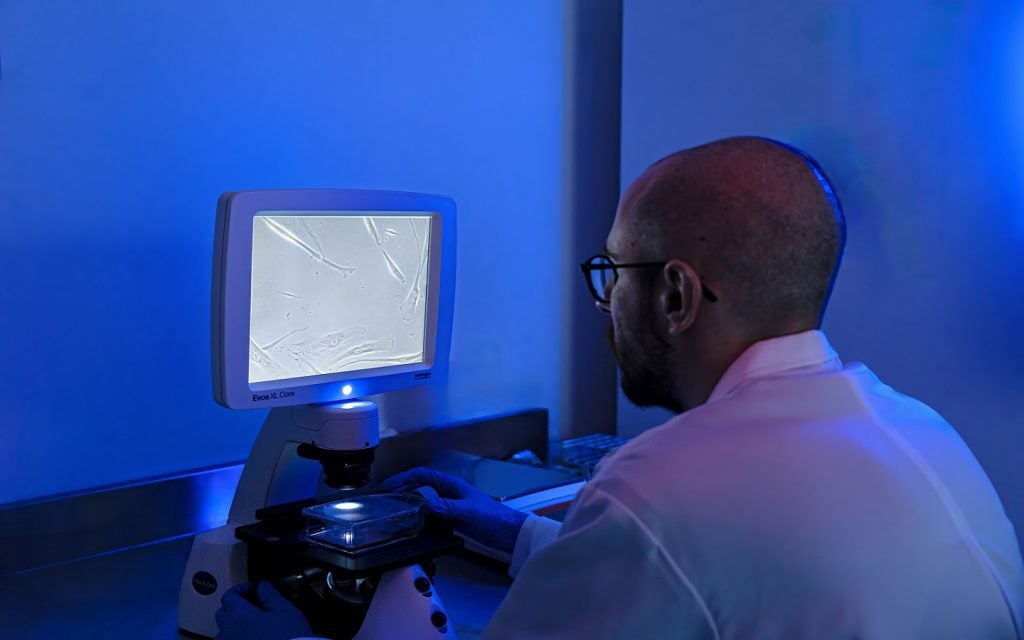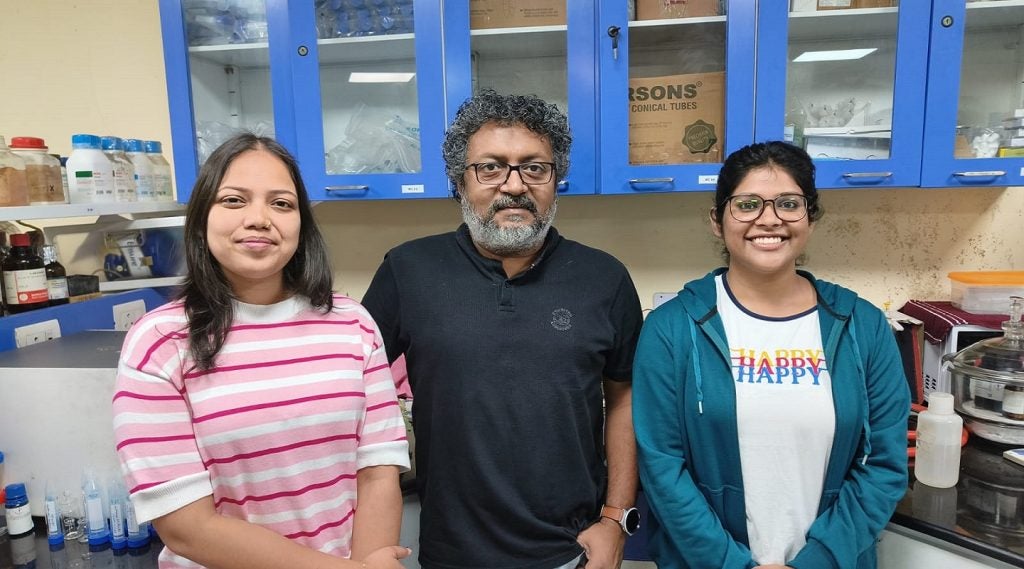The China National Medical Products Administration (NMPA) has approved GSK’s Nucala (mepolizumab) as an add-on treatment with intranasal corticosteroids to treat chronic rhinosinusitis with nasal polyps (CRSwNP) in the adult population.
This marks the third indication for an interleukin-5 (IL-5) targeting monoclonal antibody, Nucala, in the region for an IL-5 mediated condition.
The approval of the antibody offers an alternative for those who find systemic corticosteroids and surgery ineffective.
The decision by the NMPA is underpinned by the Phase III MERIT trial outcomes, which included subjects from China, Russia, and Japan and is supported by the global Phase III SYNAPSE study.
GSK Respiratory/Immunology R&D global head and SVP Kaivan Khavandi said: “We are delighted that Nucala has been approved in China as a treatment for CRSwNP, a chronic condition for which new and effective treatments are needed.
“Patients now have a non-surgical option available to them and an alternative to repeated exposure to oral corticosteroids.”
The MERIT trial assessed the safety and efficacy of the therapy for 52 weeks against a placebo. The change from baseline in nasal obstruction visual analogue scale (VAS) score and endoscopic nasal polyp score at week 52 was the co-primary endpoint.
According to the findings from 163 trial subjects, it is determined that the therapy ‘significantly improved’ nasal obstruction VAS score and reduced nasal polyp score.
Previously approved in China for severe eosinophilic asthma in adult and adolescent individuals of 12 years of age and above, and adults with eosinophilic granulomatosis with polyangiitis, the therapy was also granted approval in the US in 2015 for severe asthma with an eosinophilic phenotype.
Chronic rhinosinusitis is a prevalent condition in China, affecting an estimated 107 million people. Approximately one-third of these individuals suffer from this condition, the company noted.
Often associated with type 2 inflammation, CRSwNP is characterised by high levels of IL-5 in nasal polyp tissue and a tendency for nasal polyps to regrow post-surgery due to persistent inflammation.













